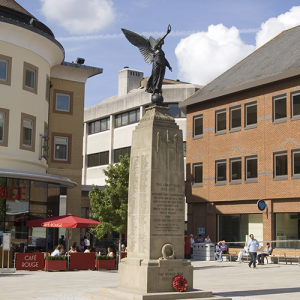By David Scott in Edinburgh
15 December 2010
A UK Cabinet minister has rejected claims by the Scottish Government that it would have been ‘short-changed’ by almost £8bn if the Calman plans for tax reforms had been in operation over the past decade.
Scottish Secretary Michael Moore told a Holyrood committee examining the Scotland Bill on December 14 that the calculation was ‘irrelevant’.
He added: ‘I understand the Scottish Government is now making the basis of its calculations available to Parliament and we will look at this carefully. We don’t believe that the figure is accurate.’
The committee’s first evidence session on the Bill’s proposal to give Scotland limited control over its own income tax coincided with a Scottish Government analysis that suggested that Scotland would have lost out if the power had been in operation since devolution in 1999.
The power, which implements plans drawn up by the Calman Commission, would result in the Westminster-determined block grant being cut by the equivalent of 10p in the pound. The Holyrood government would then have the ability to decide on a tax level to make up the shortfall or to vary it according to its own policies.
Speaking at a conference in Edinburgh on December 14, Scottish external affairs minister Fiona Hyslop said the Scottish Government had published a ‘robust analysis’ and information demonstrating ‘that the deflationary bias built into the Bill’s income tax proposals would have short-changed Scotland to the tune of almost £8bn since 1990’.
She added: ‘The effect of such a shortfall would be a real and damaging impact on Scotland’s public services, on jobs and on our economy.’
According to the Scottish Government’s analysis, additional tax paid by higher-rate taxpayers in Scotland would flow to the UK Government and not to the Scottish Government. As a result Scotland would receive a declining share of Scottish income tax receipts, squeezing the Holyrood budget.
Moore said the calculation only took account of income tax receipts and a reduction that happened during the recession.
He stressed that the figures applied to the ‘past’ rather than what might happen in the future. ‘Our figures on that particular period differ from those of the Scottish Government,’ he said.
UK Treasury secretary David Gauke said the position would depend on the relationship between tax receipts and public spending. It depended on a particular period of time and on whether public spending was racing ahead of tax receipts.


















